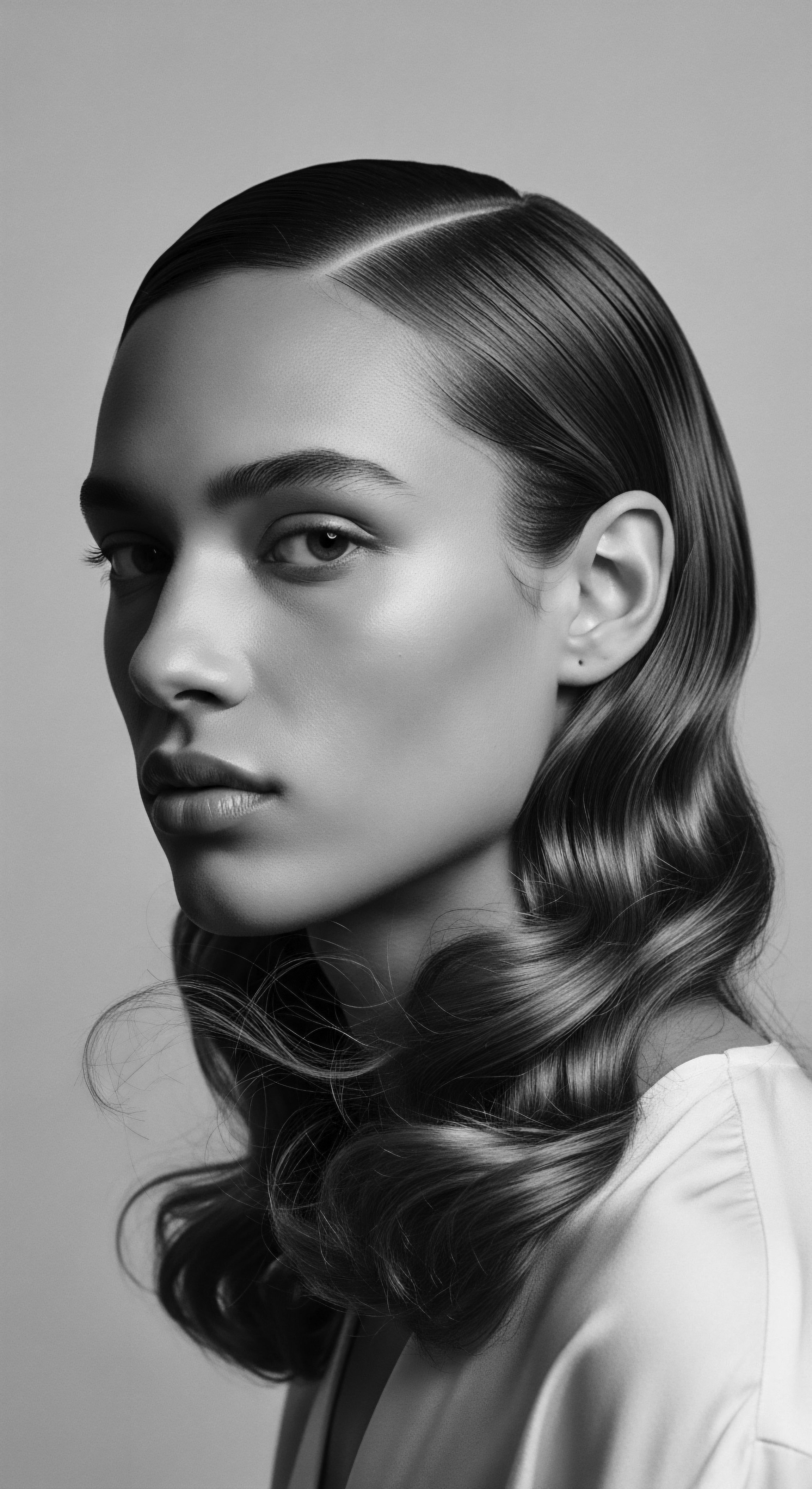
What Historical Botanicals Hydrate Textured Hair?
Historical botanicals, rich in mucilage and oils, hydrated textured hair through ancestral practices refined over generations.
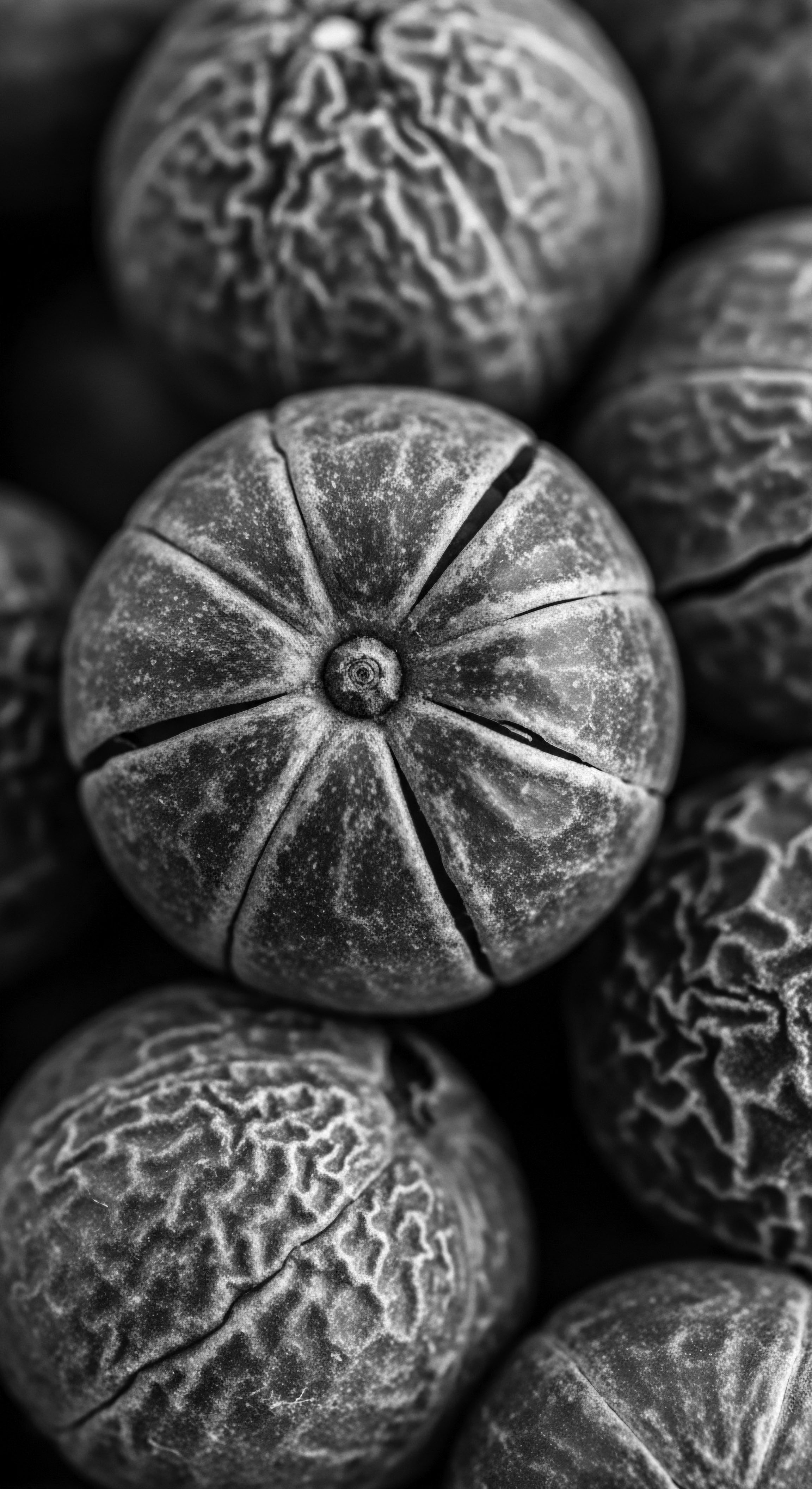
How Did Ancient Cleansers Hydrate Textured Hair?
Ancient cleansers for textured hair, sourced from nature, cleansed gently while infusing or sealing moisture, honoring its ancestral needs.

How Did Traditional Ingredients Hydrate Textured Hair?
Ancestral practices hydrated textured hair by using natural ingredients to cleanse, nourish, and seal in water, honoring its heritage.
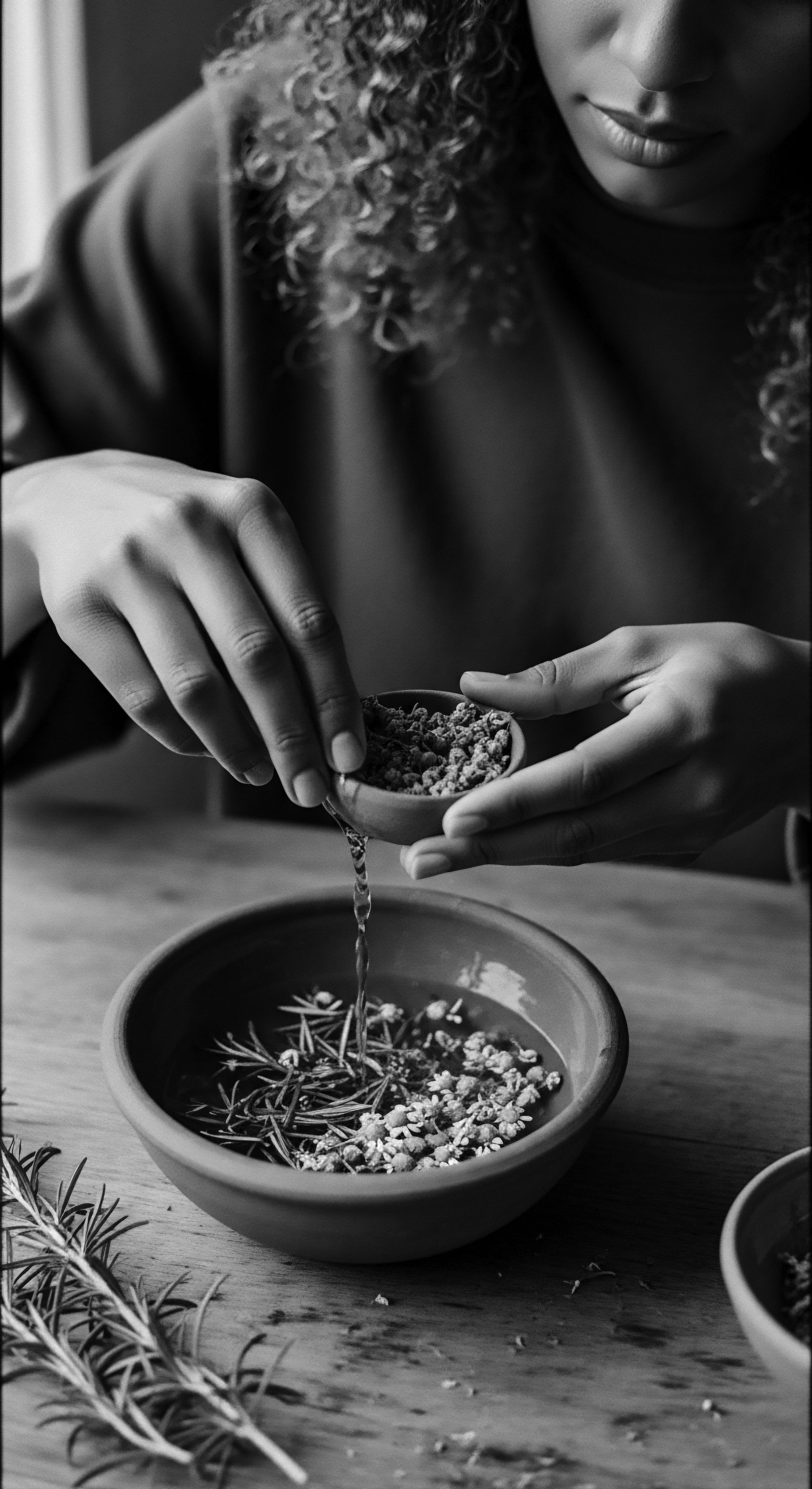
Why Do Textured Hair Types Require Unique Hydration Strategies?
Textured hair's structural nuances, demanding unique hydration, echo ancestral wisdom of preservation and cultural identity.
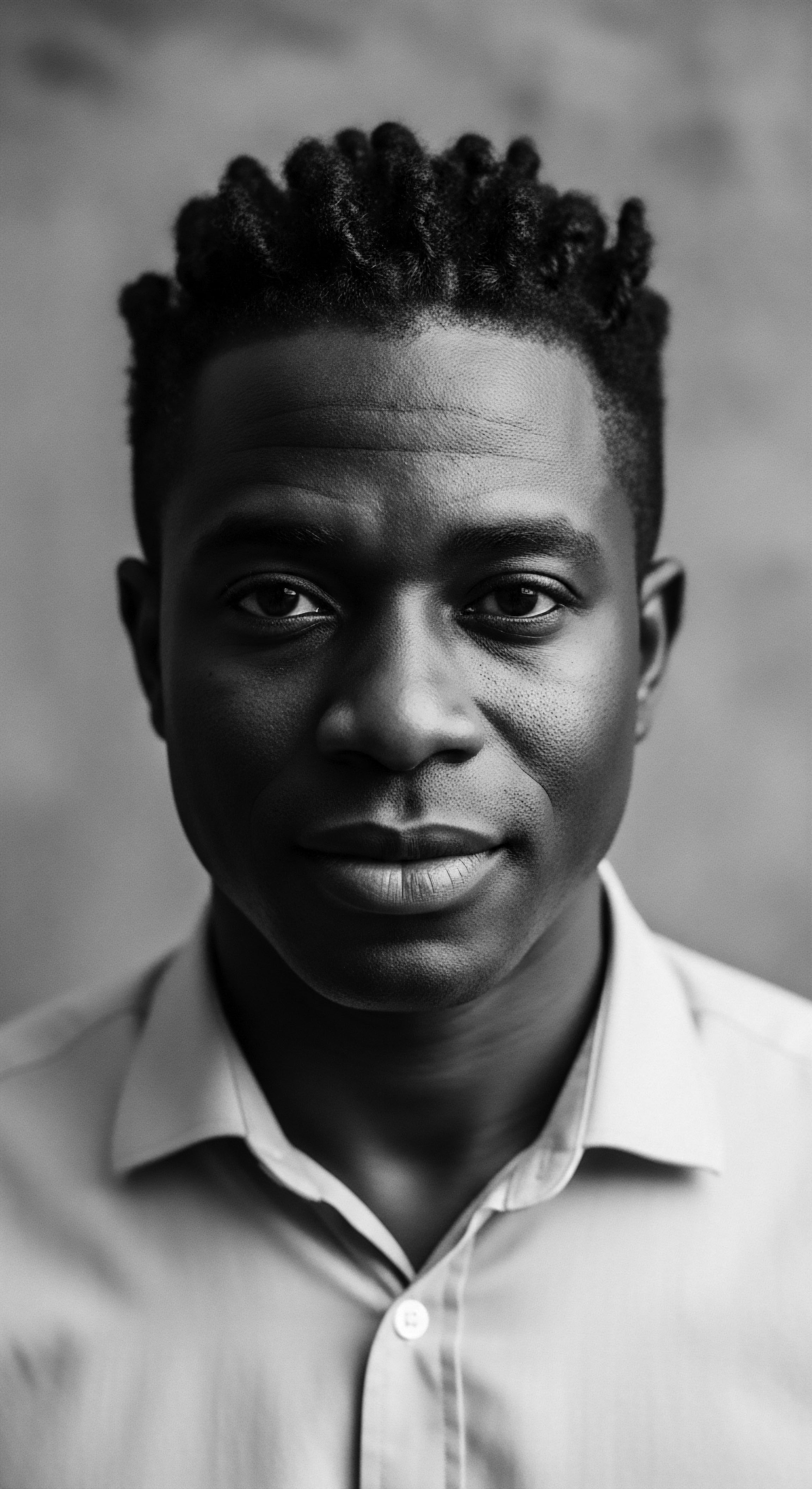
What Traditional Plant-Based Ingredients Hydrated Textured Hair?
Traditional plant-based ingredients hydrated textured hair through emollients and humectants, a legacy of ancestral care deeply connected to cultural heritage.

Do Natural Oils Truly Hydrate Textured Hair?
Natural oils primarily seal moisture into textured hair, deeply rooted in ancestral practices for care and resilience.
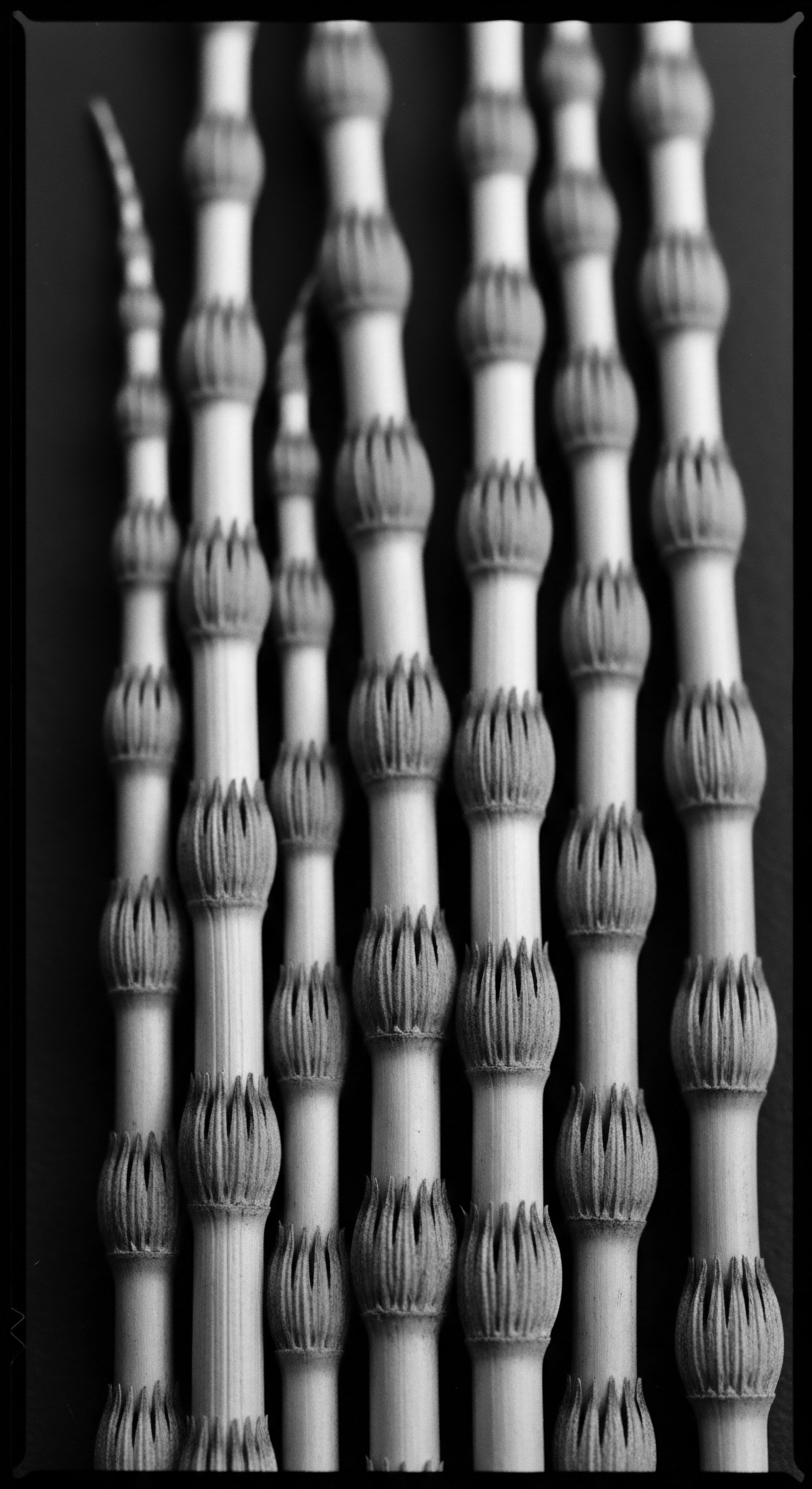
How Do Ancestral Traditions Hydrate Textured Hair?
Ancestral traditions hydrated textured hair by using natural ingredients and protective styles to seal in moisture and honor its intrinsic nature.

How Do Oils Truly Hydrate Textured Hair?
Oils shield textured hair by forming a protective layer, preserving existing moisture, a practice rooted in ancestral heritage.

Why Did Ancestral Practices Prioritize Hydrating Textured Hair?
Ancestral practices prioritized hydrating textured hair to maintain its inherent strength and cultural symbolism, understanding its unique thirst.
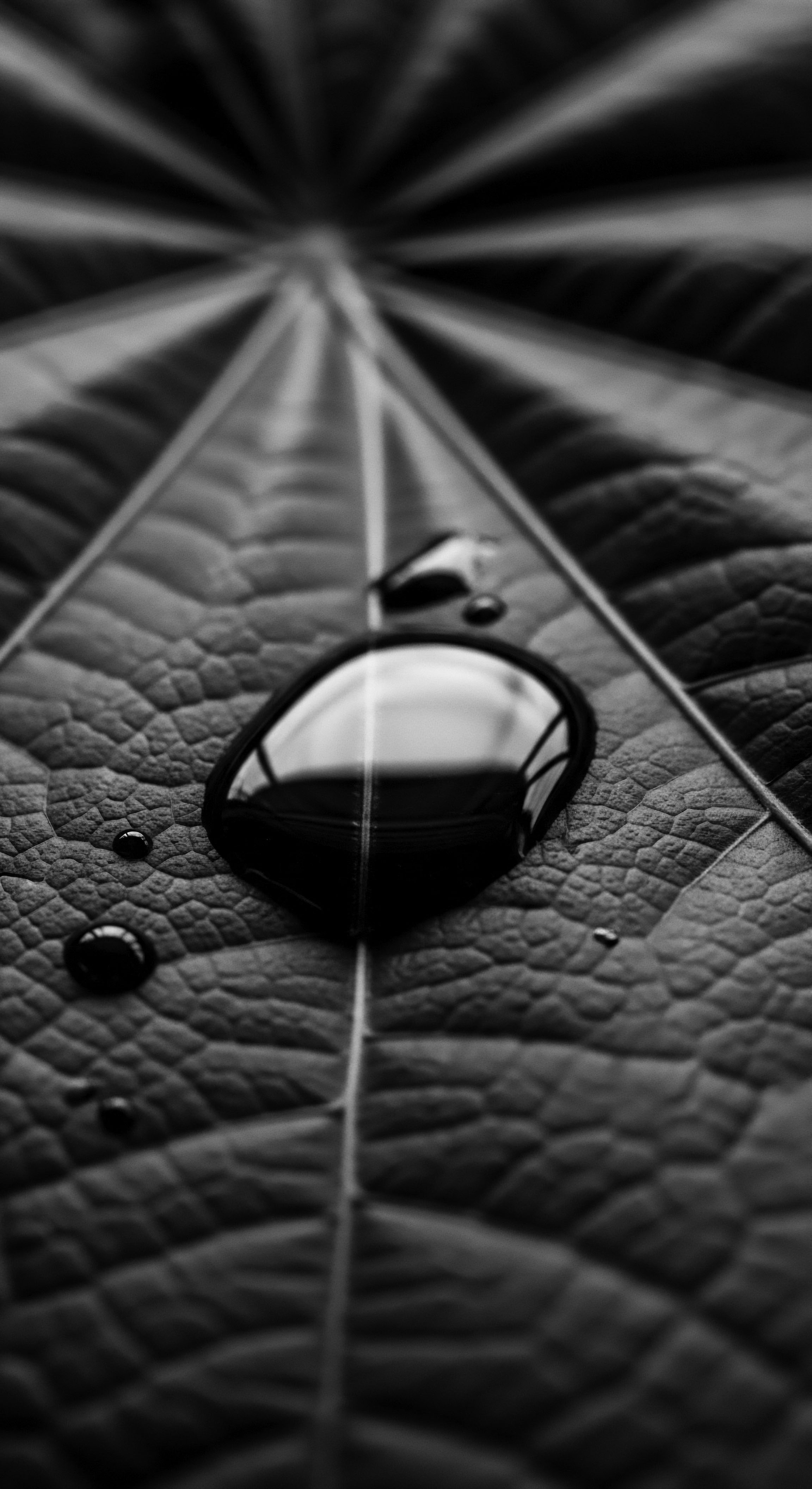
Water Access Hair
Meaning ❉ Water Access Hair describes textured hair's intrinsic properties governing its interaction with water, reflecting its biology and heritage.
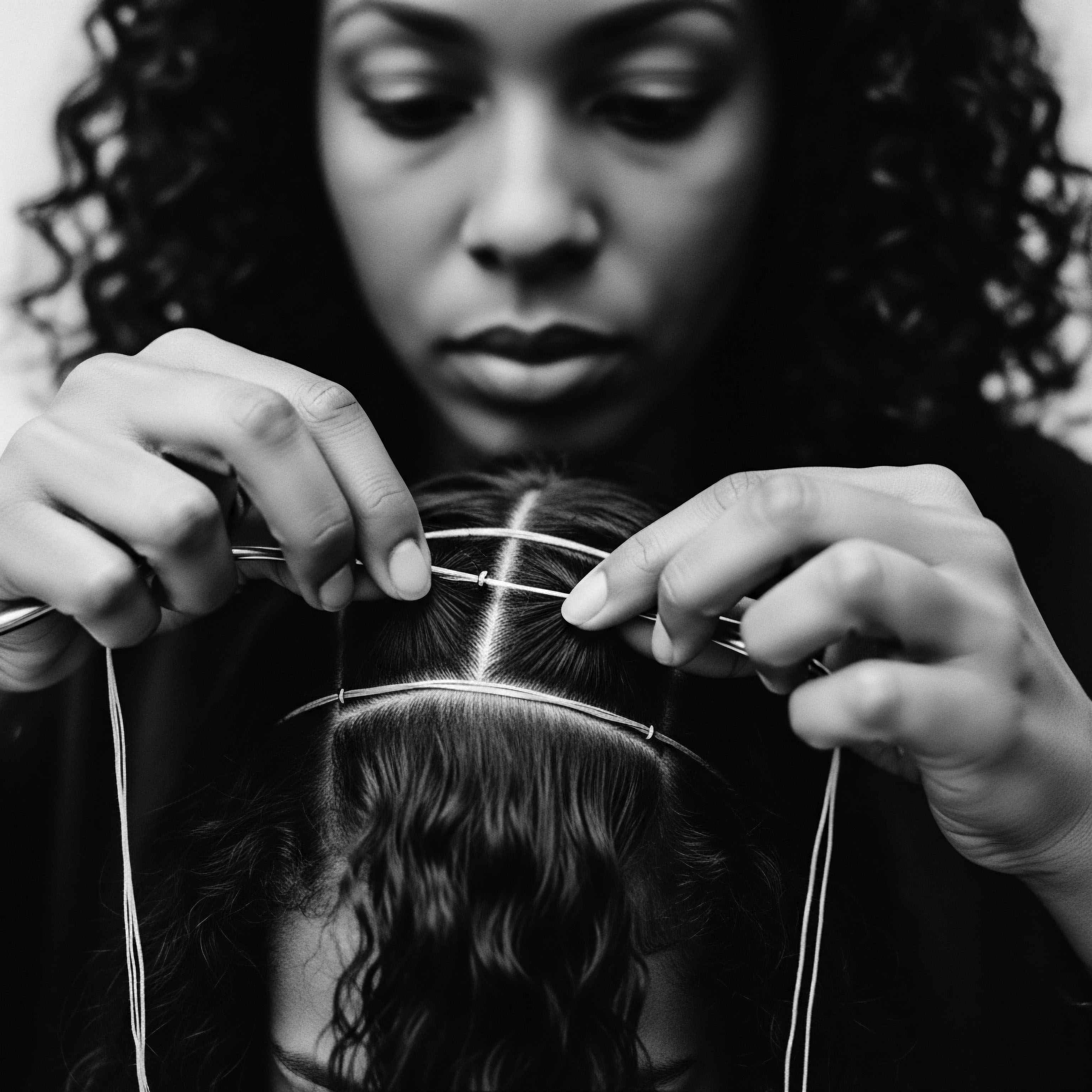
Moisture Re-Equilibration
Meaning ❉ The dynamic process by which textured hair absorbs and releases water to maintain optimal hydration, connecting ancestral wisdom with modern care.

Black Hair Water
Meaning ❉ Black Hair Water represents the intrinsic connection between water and textured hair, rooted in ancestral wisdom and validated by science.
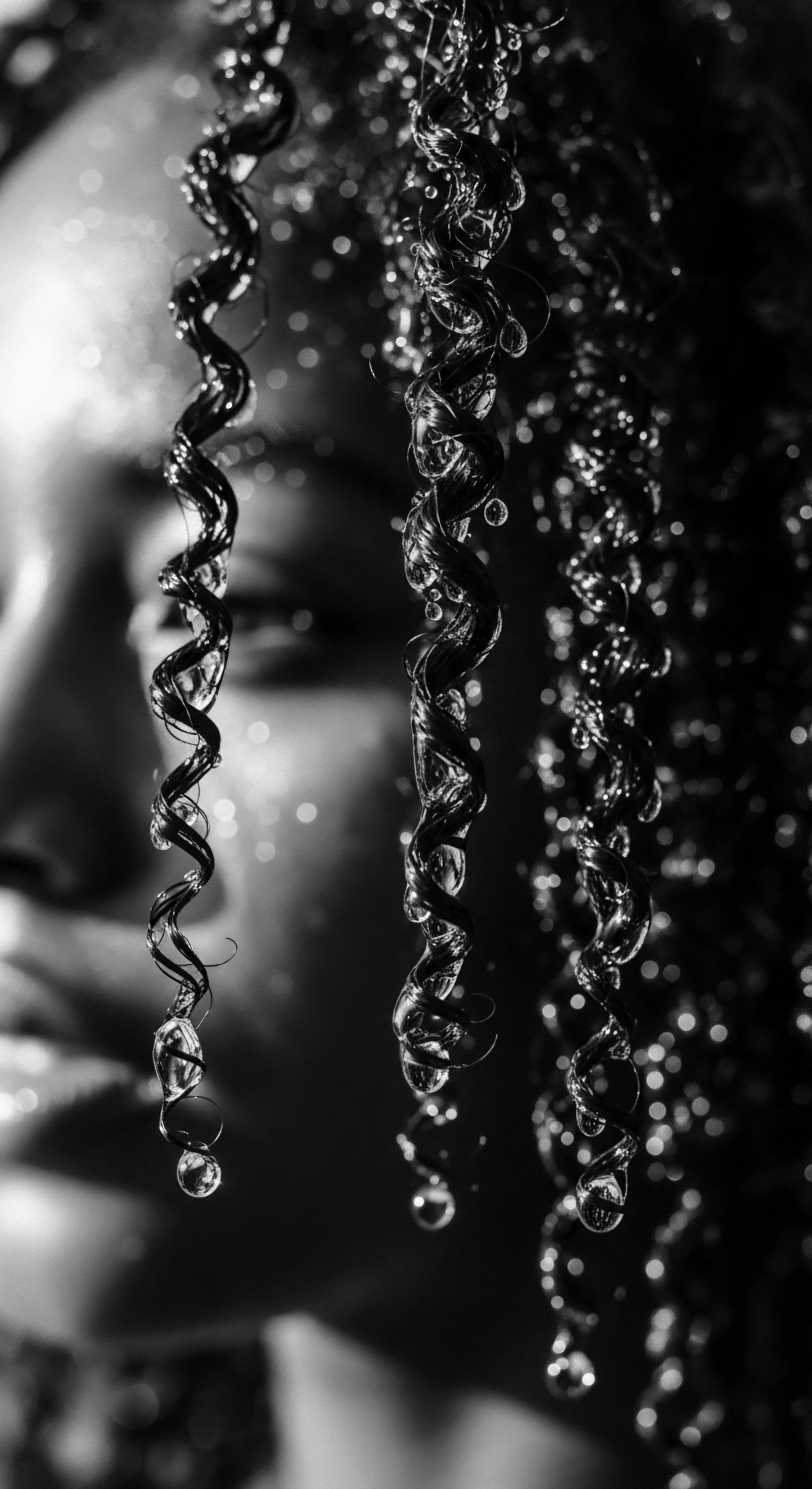
Textured Hair Water
Meaning ❉ Textured Hair Water is specially prepared water, often infused or pH-adjusted, to optimally hydrate and nurture unique coiled hair structures through ancestral wisdom.
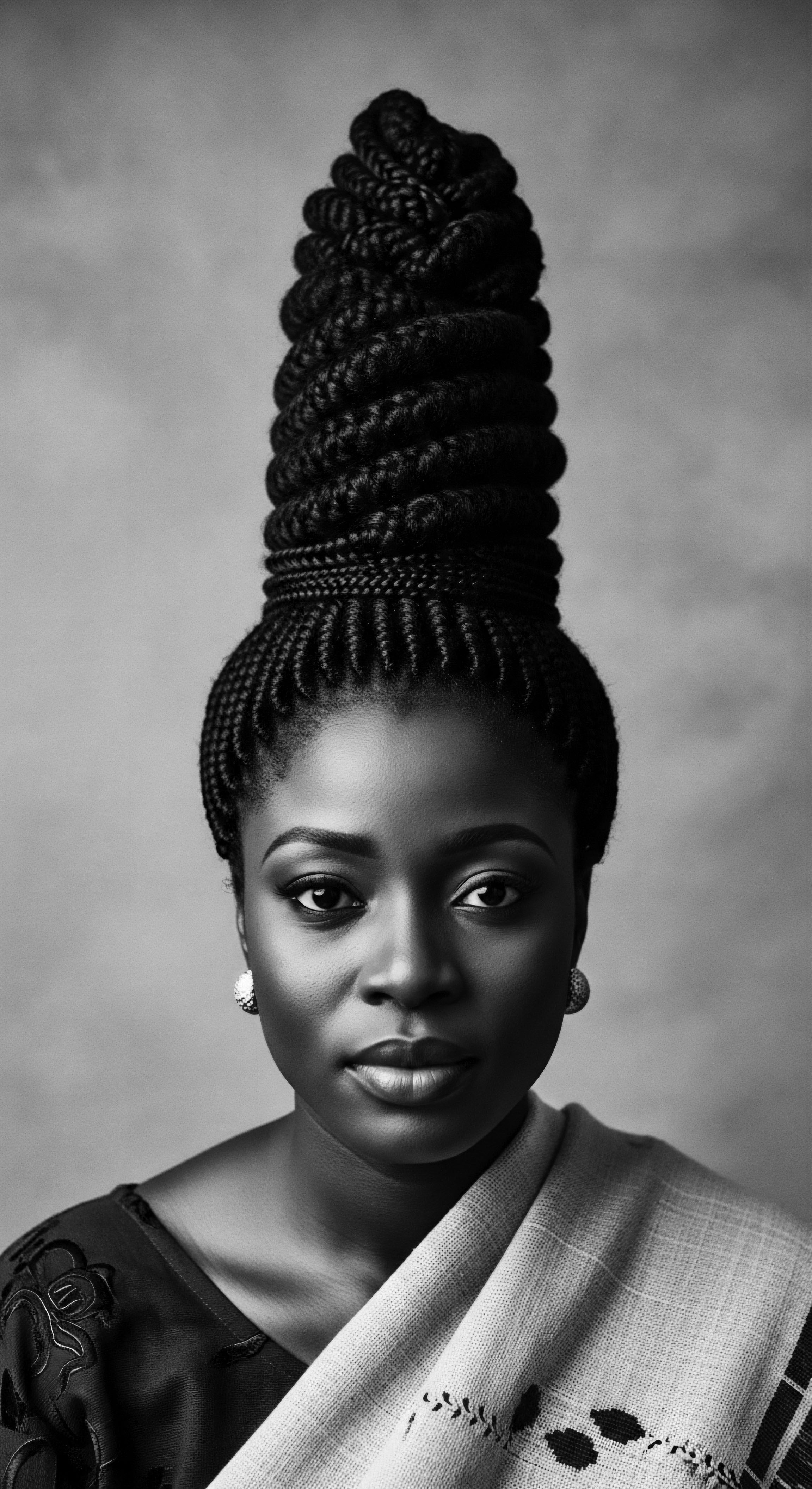
Why Does Textured Hair Require Consistent Hydration?
Textured hair requires consistent hydration due to its unique structure, which inhibits natural moisture distribution, a need understood by ancestral care.
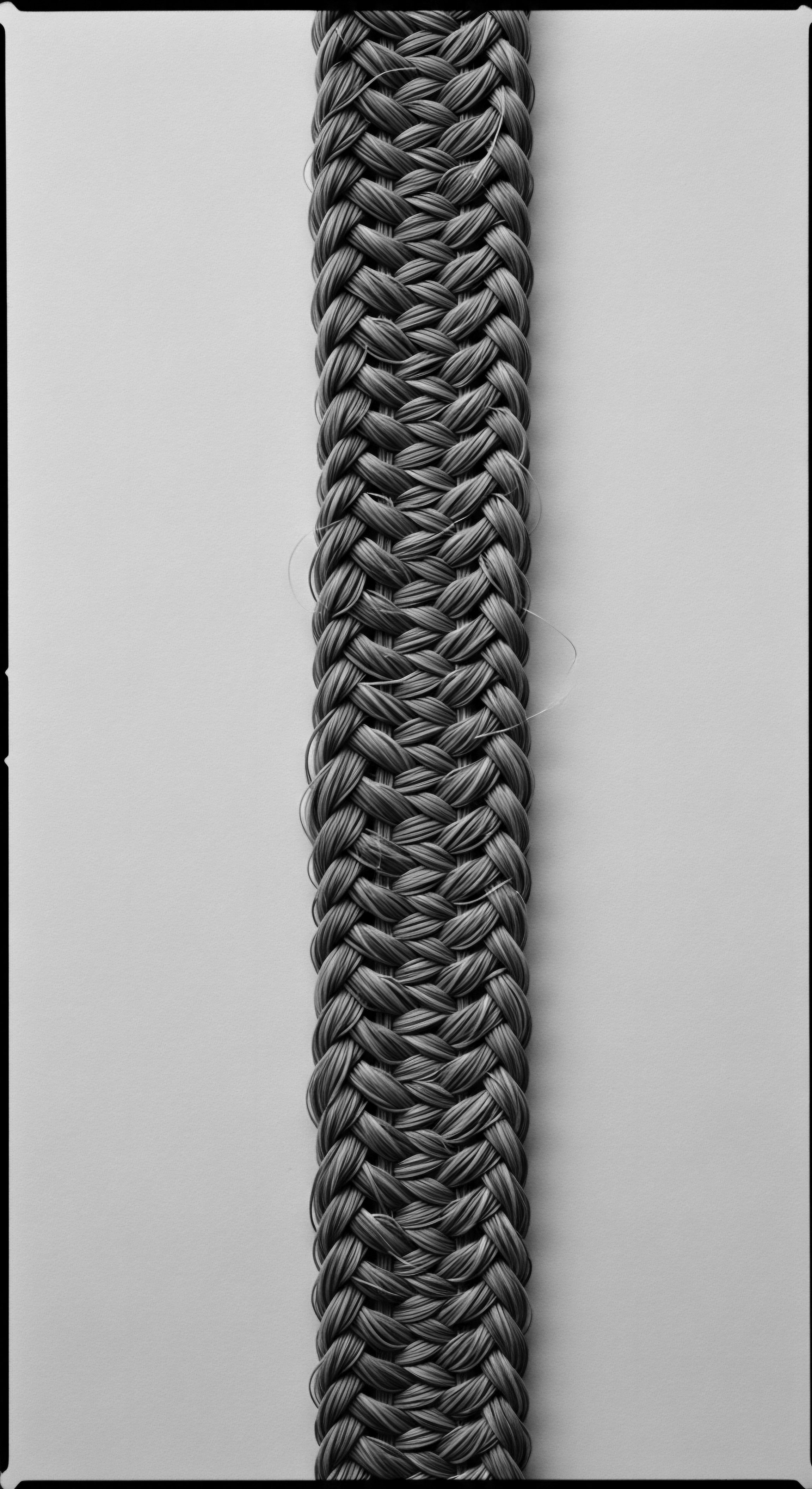
What Historical Techniques Maintained Textured Hair Hydration?
Ancestral communities maintained textured hair hydration through natural oils, butters, and protective styles, rooted in heritage.
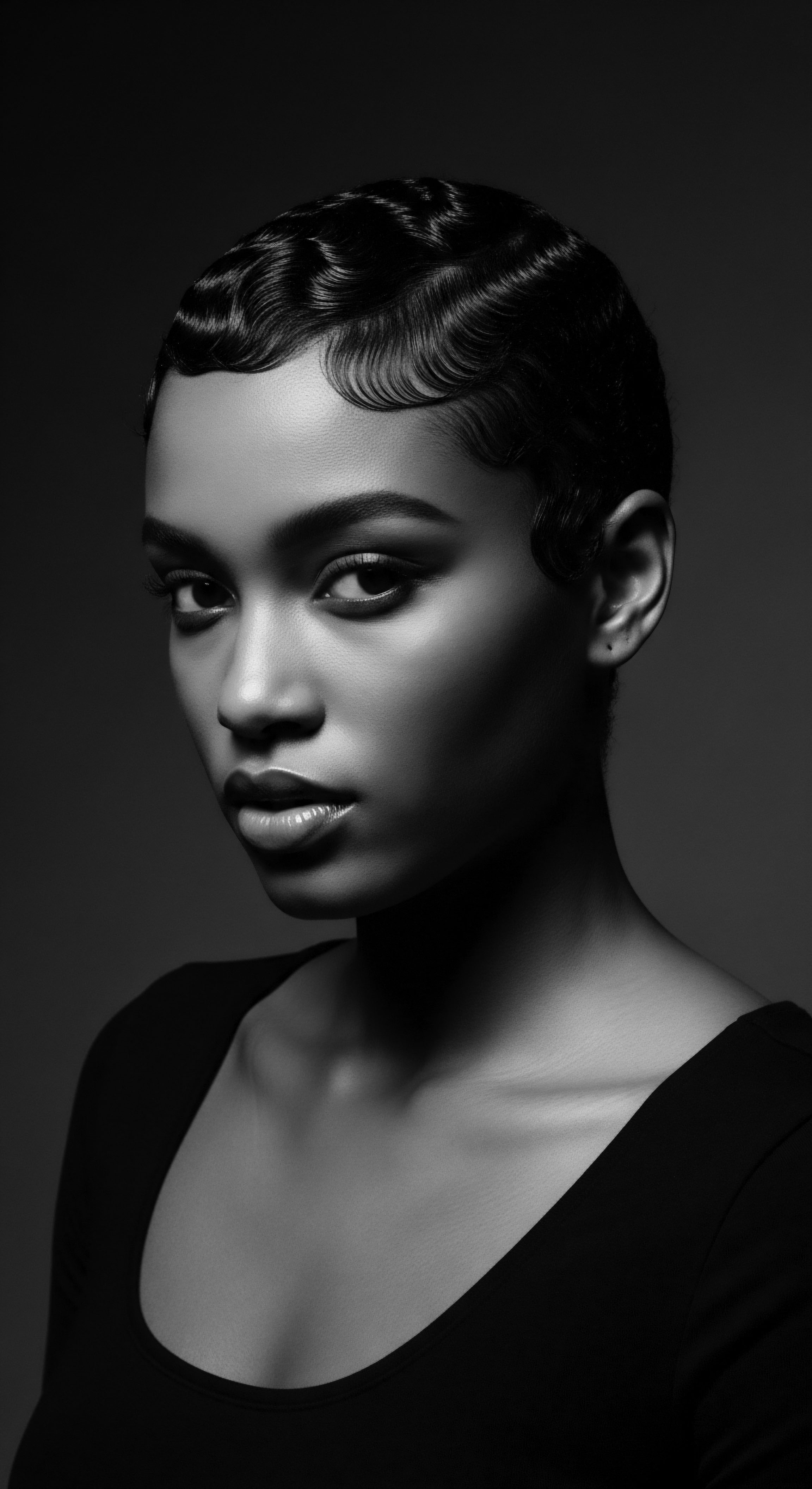
How Do Ancestral Hair Oils Hydrate Textured Strands?
Ancestral hair oils hydrate textured strands by creating protective barriers and penetrating the hair shaft, a deep legacy of heritage wisdom.

Can Ancestral Clay Remedies Hydrate Textured Hair?
Ancestral clay remedies, rich in earth's minerals, hydrate textured hair by gently cleansing and creating a protective seal.
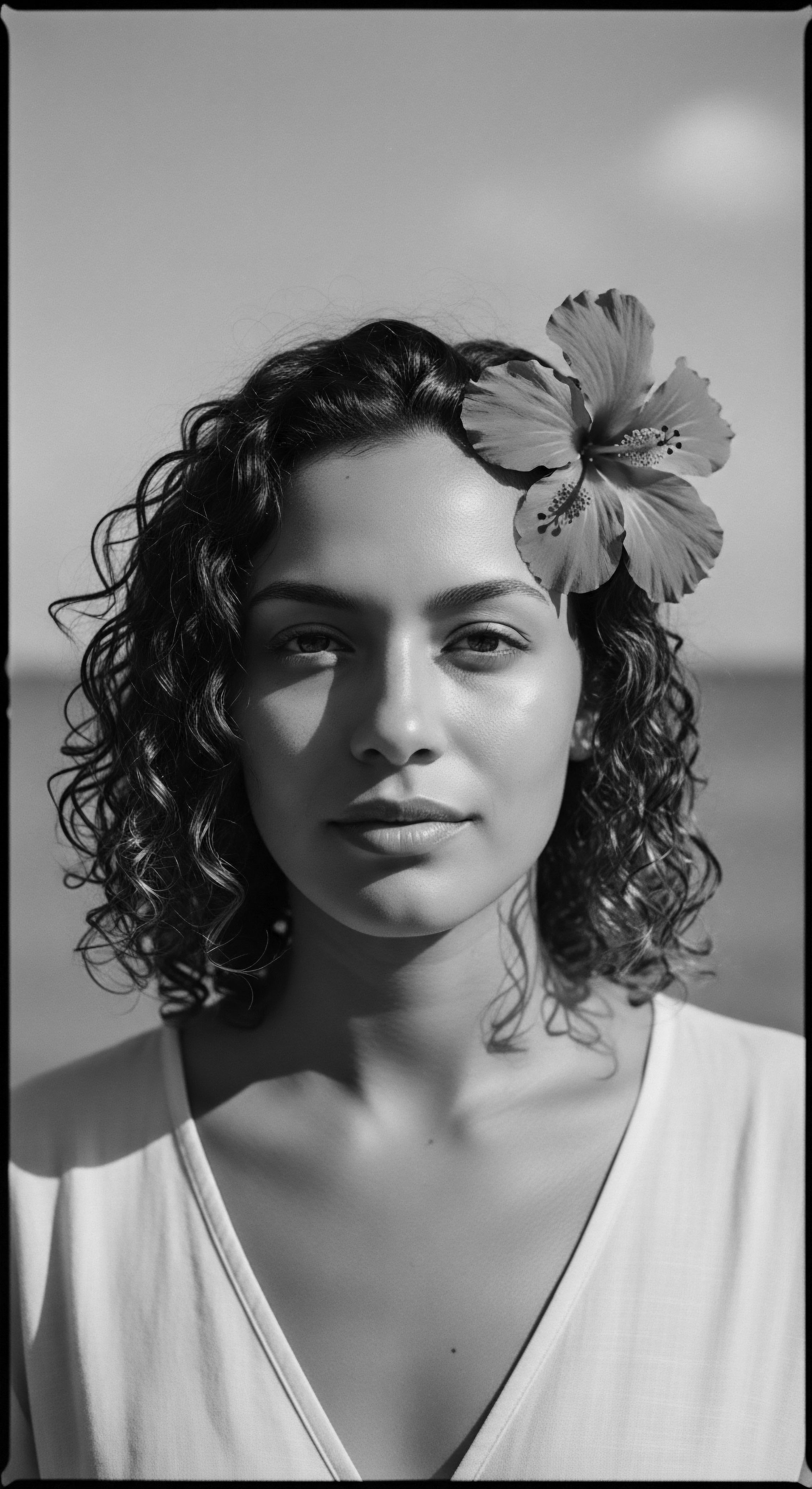
Do Oils Truly Hydrate Textured Hair?
Oils shield textured hair by forming a barrier, slowing moisture escape, a timeless principle inherited from generations of ancestral hair care.
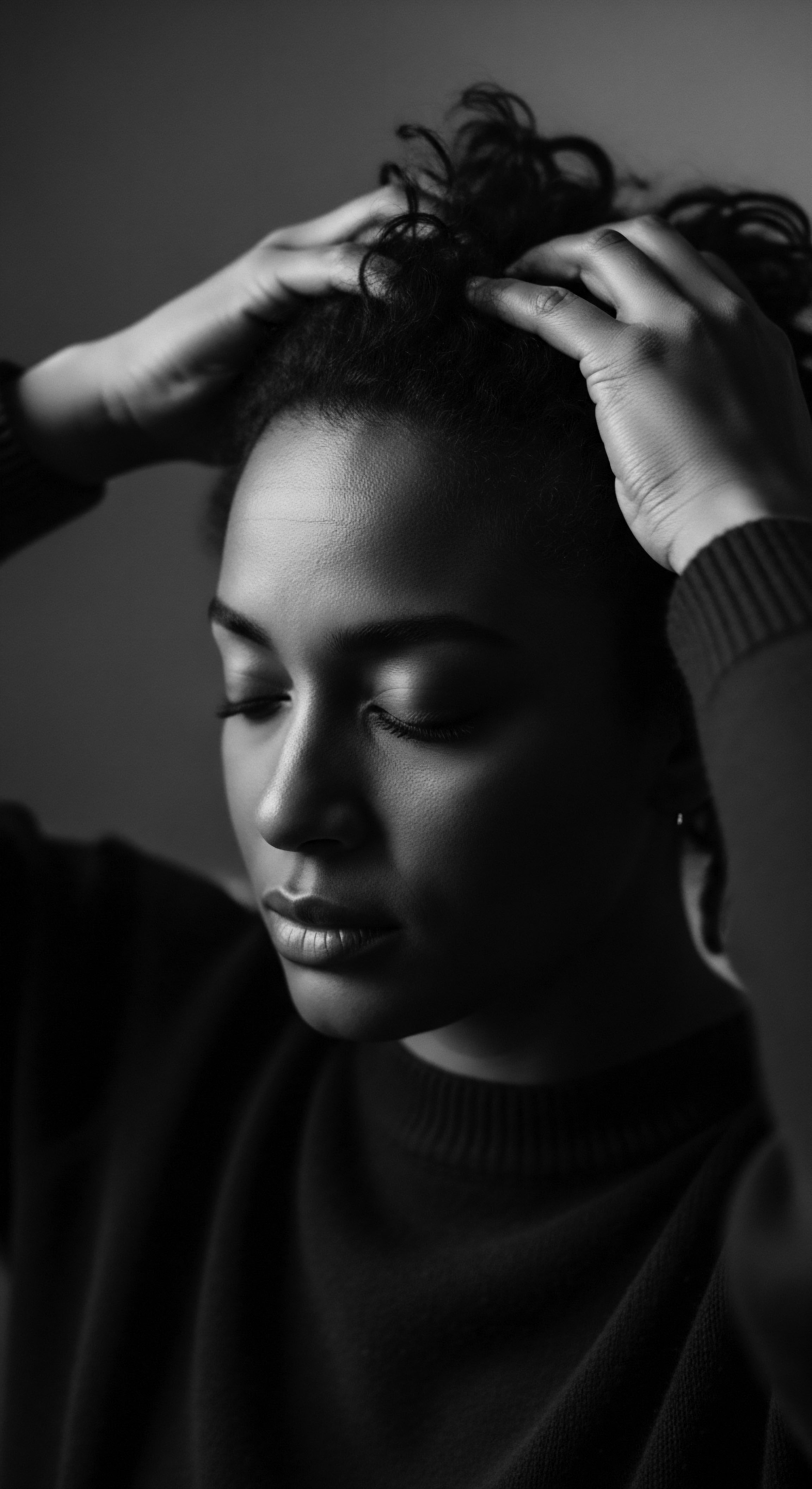
How Does Textured Hair’s Structure Affect Its Natural Hydration?
Textured hair's elliptical shape and coiled pattern hinder natural oil distribution, demanding intentional hydration rooted in heritage.
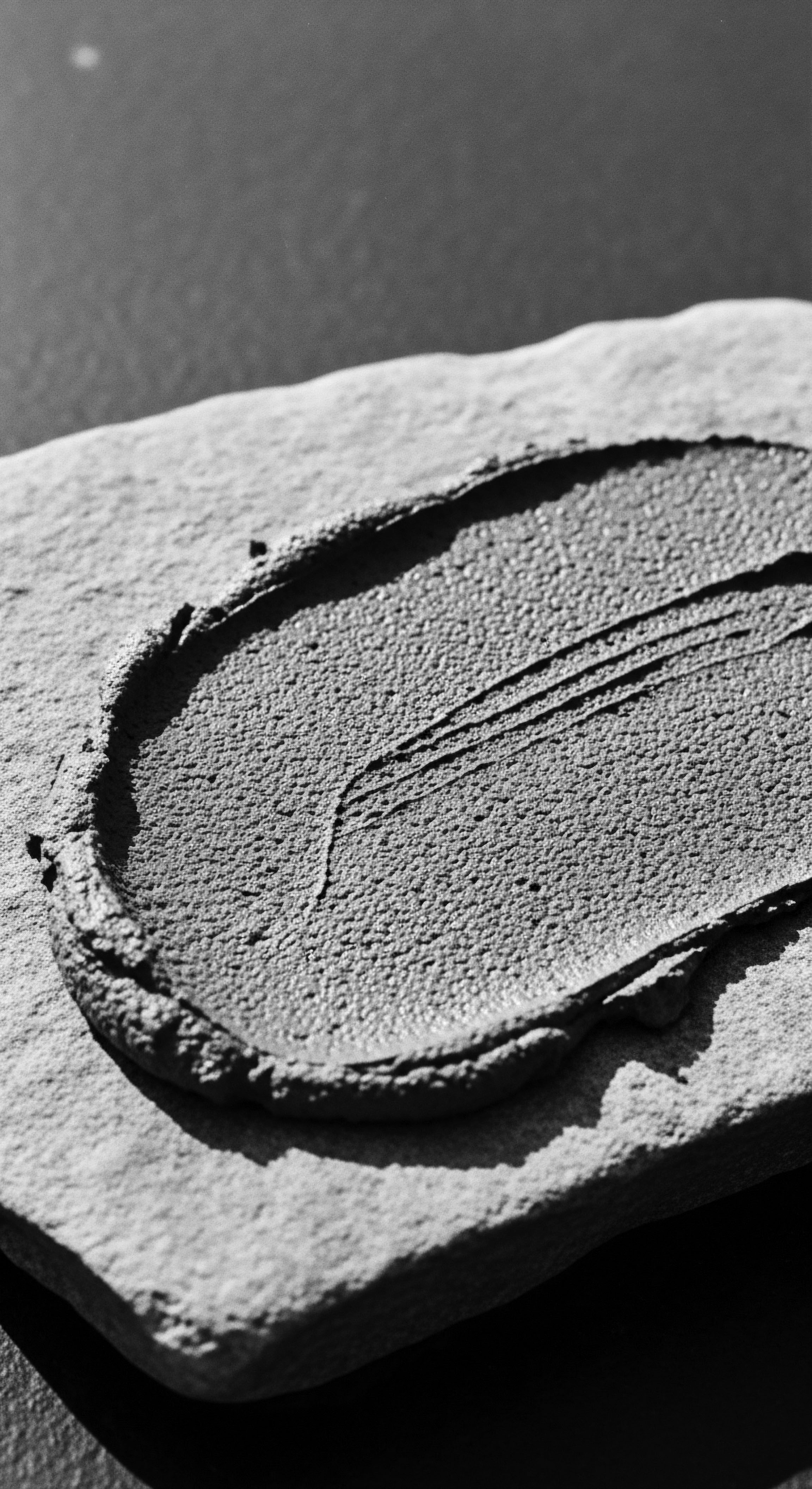
In What Ways Do Historical African Traditions Explain Textured Hair Hydration?
Historical African traditions explain textured hair hydration through intuitive botanical knowledge, protective styling, and layered application methods stemming from ancestral wisdom.
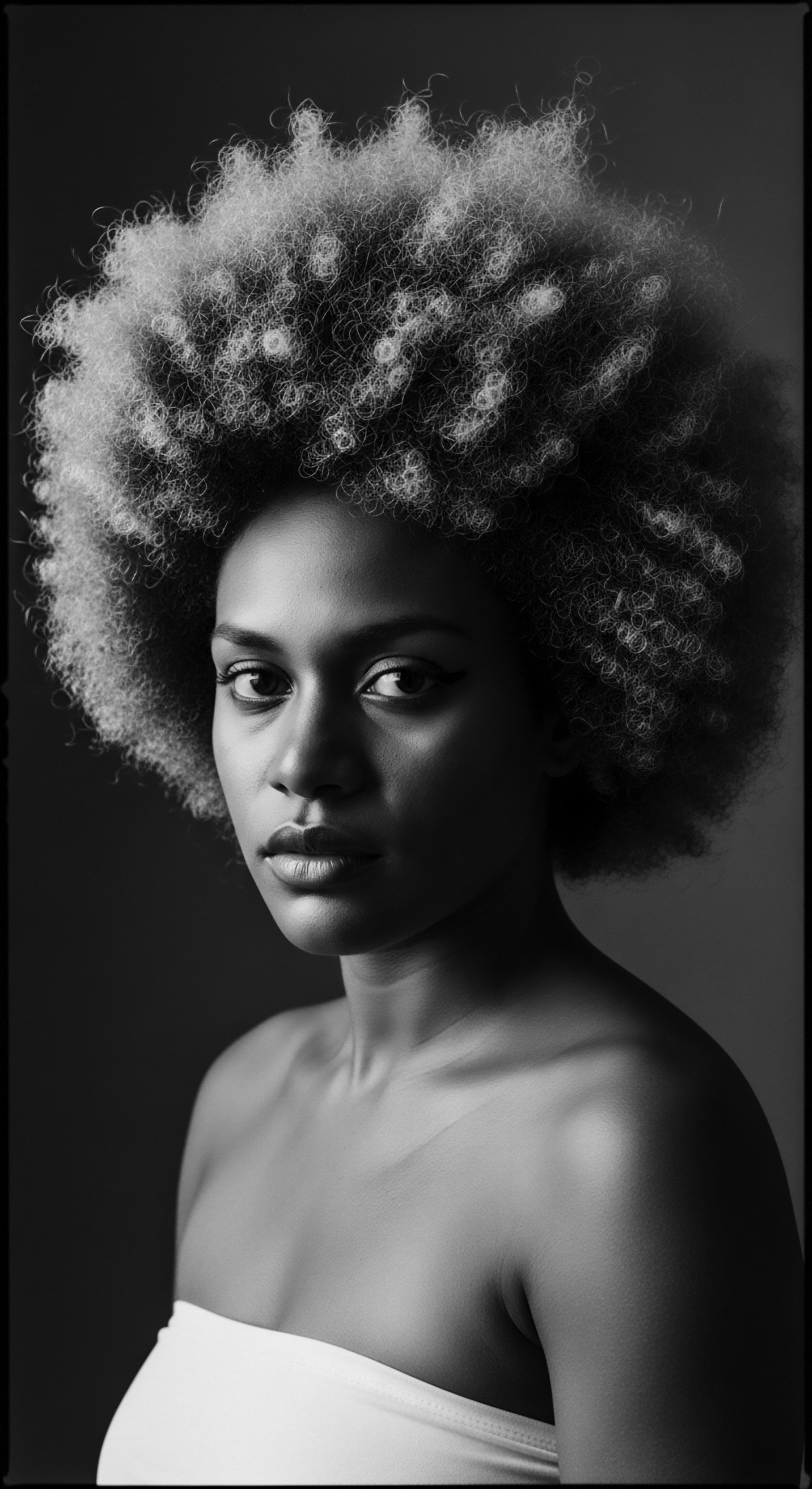
How Do Protective Styles Enhance Hydration for Textured Strands?
Protective styles shield textured strands from external elements, preserving applied hydration and nurturing hair's ancestral resilience.
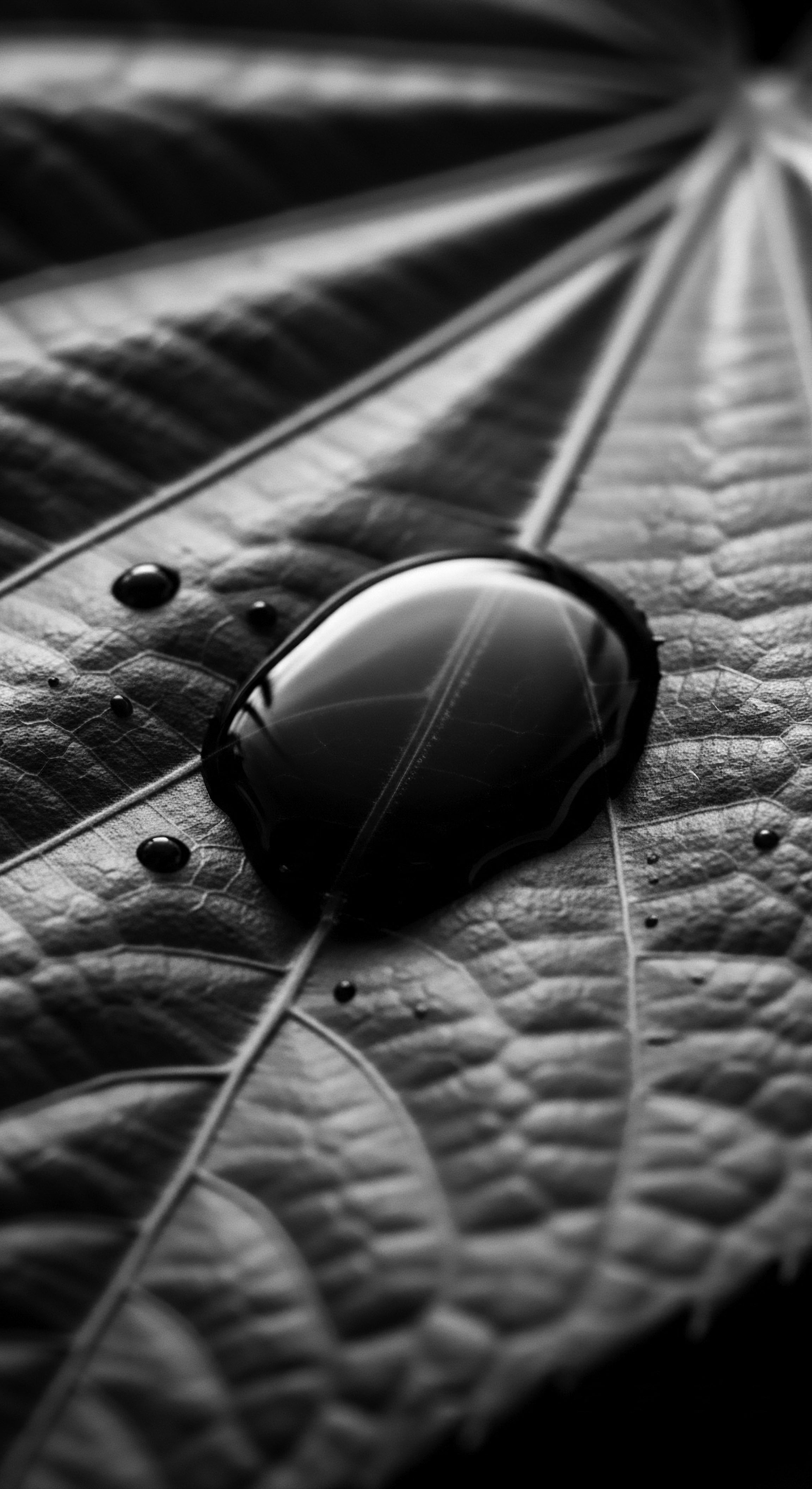
What Is the Molecular Science behind Oil Hydration for Textured Hair?
Oils hydrate textured hair by penetrating the hair shaft to strengthen it and by sealing moisture on the surface, a practice deeply connected to ancestral traditions.
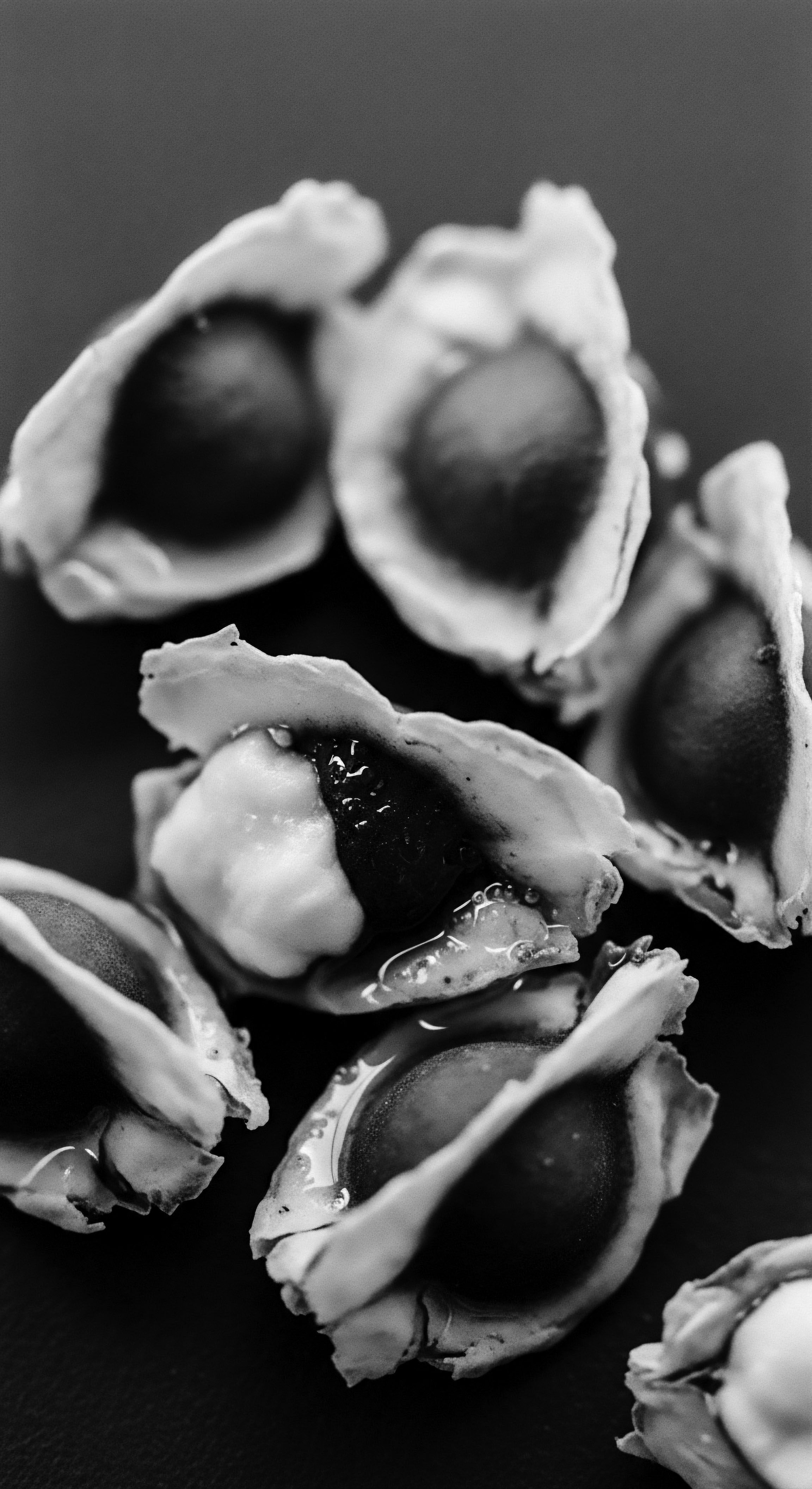
Shea Butter Structure
Meaning ❉ Shea butter structure refers to its unique composition of fatty acids and unsaponifiable matter, offering protective and moisturizing qualities vital for textured hair.

How Do Ancestral Butters Hydrate Textured Hair?
Ancestral butters hydrate textured hair by creating a protective barrier, sealing moisture, and honoring a legacy of natural care.

Hair Moisture Rituals
Meaning ❉ Hair Moisture Rituals are intentional, multi-layered practices for hydrating textured hair, deeply rooted in ancestral wisdom and cultural affirmation.
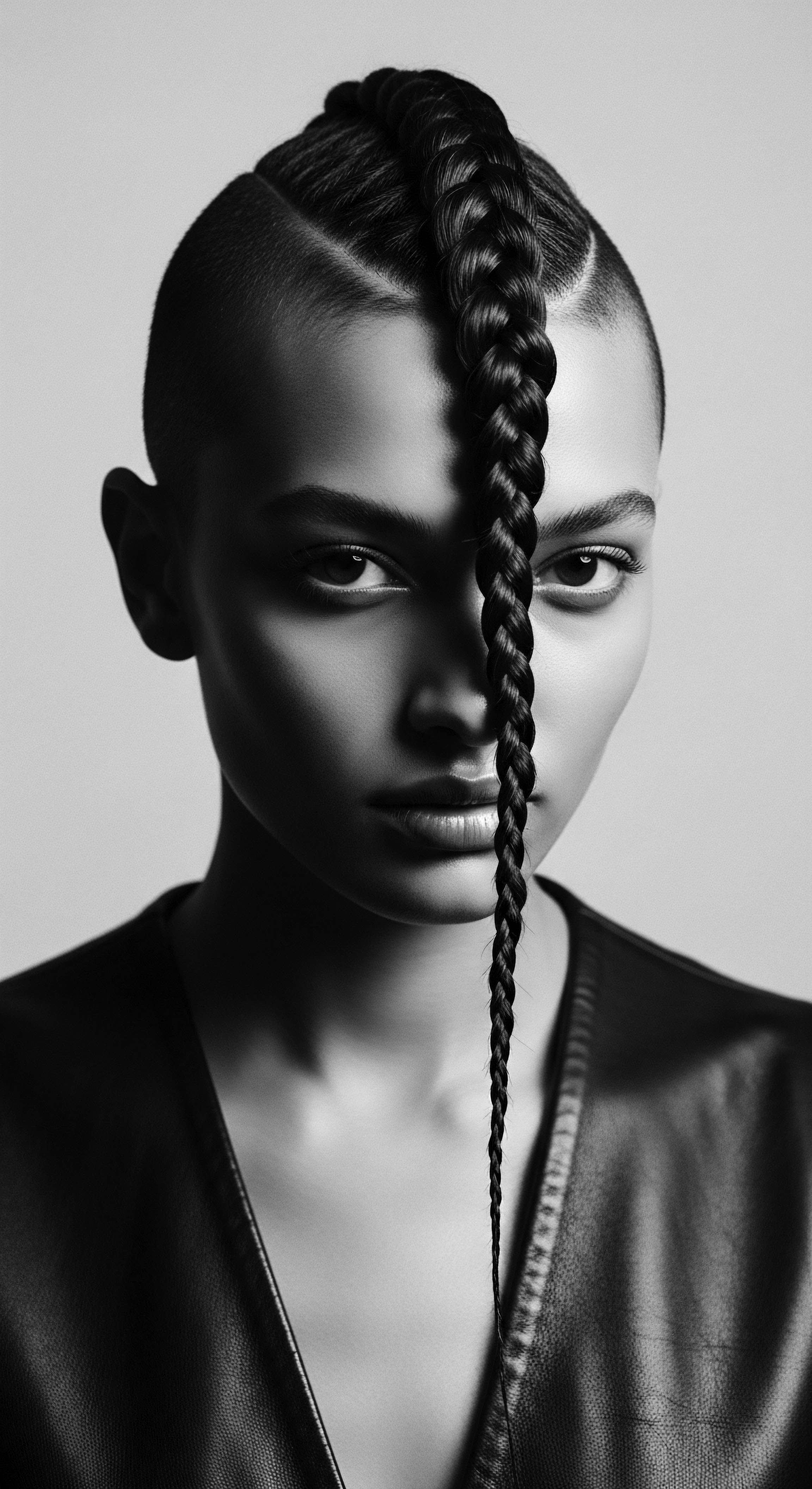
What Traditional Practices Enhanced Textured Hair Hydration?
Ancestral practices for textured hair hydration centered on natural emollients and protective styles, rooted in a deep cultural heritage of care.
